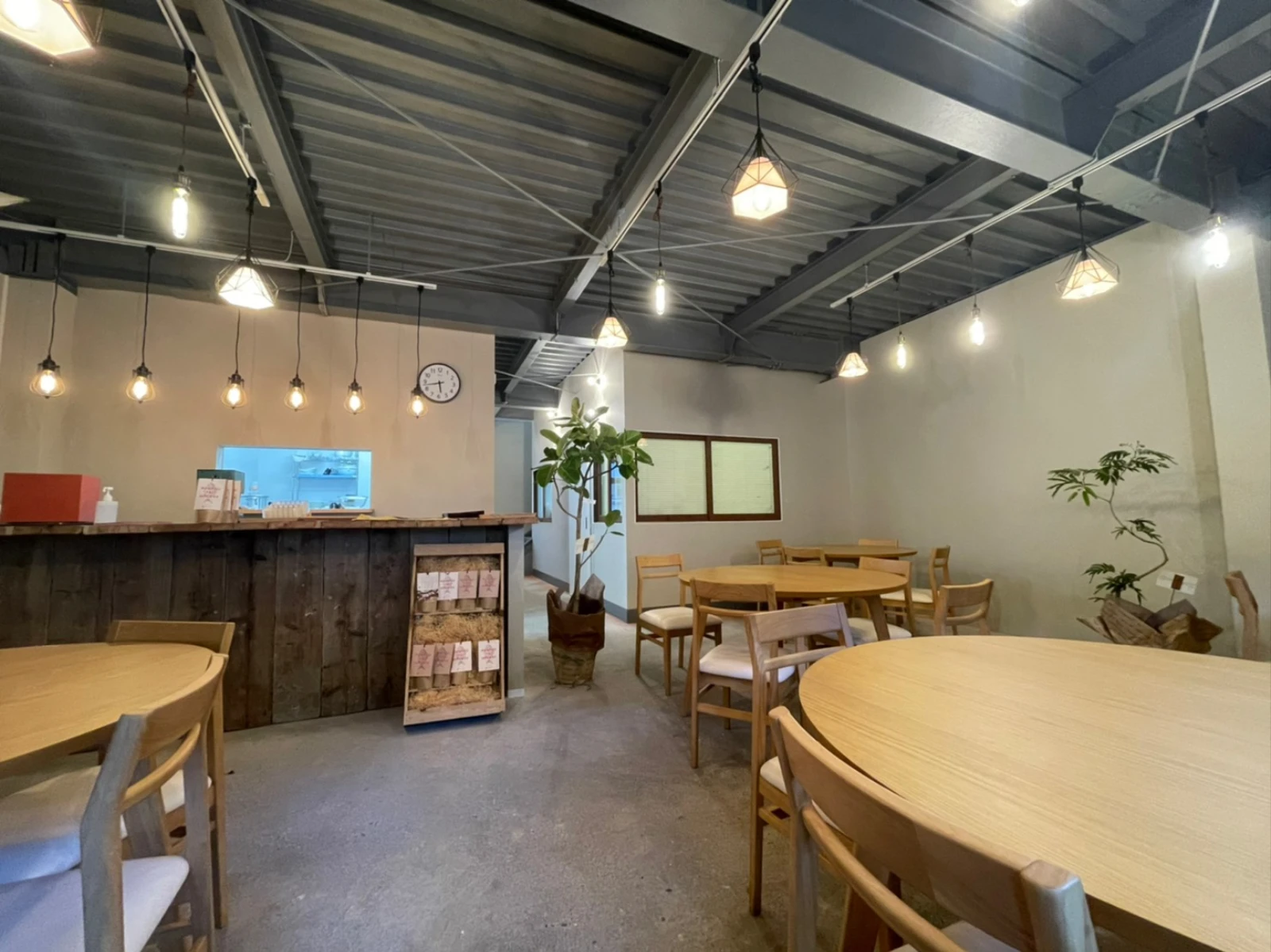
For the first time in more than 15 years, a restaurant opened its doors on the Japanese island of Shimaura, a place where fish is abundant and businesses are few, and where its ever-growing and decreasing population is torn between maintaining traditions and their very survival.
Inhabited by some 826 residents, the place has proven to be no fertile ground for businesses as basic as a supermarket, forcing most of its inhabitants to get their food directly from local fishing activities, markets and shops and cook it on their own, since “eating out” is practically a plan impossible to carry out.
But at the end of March, Mangetsu Shokudo restaurant opened its doors on the small island of southern Miyazaki Prefecture.
Its name means “Dining Room of the Full Moon”, a nod to the day when most fish markets are closed. The place serves curry, fried food and side dishes such as kinpira gobo (braised burdock root). Items are specifically chosen to conquer homes that for years have cooked exclusively at home.
“Basically, everyone on the island can get fish and eat it, but it's hard to buy chicken, season, prepare and fry, especially on remote islands,” Taishi Iwata, restaurant manager, told Vice.
The opening is a modest triumph for Shimaura, one of the many Japanese islands experiencing severe depopulation.
According to the most recent government data, the population of Japan's remote islands declined by more than 9% between 2010 and 2015, compared to the country's overall drop of 0.8 per cent in the same period. The islands have also experienced rapid aging, with 39 percent of residents over 65 years of age. At the national level, the rate stands at 26.6 per cent.
The owner of Mangetsu Shokudo said that his motivation for opening the restaurant was to give more life to the island, which he first visited on a business trip.
The businessman, born in Fukuoka City, moved to Miyazaki Prefecture, where his father is from, in 2018 to sell shochu, a Japanese distilled drink. He often traveled to Shimaura and every time he went he was delighted with the cuisine of the locals, but he never found a convenient place to eat and rest, so he began to have the idea of opening a restaurant there.
The opportunity came a year later, when the people of the island held a business plan contest in the hope of revitalizing Shimaura. Kai put forward his idea of opening a casual restaurant for locals to hang out and tourists to visit. He ended up winning the contest and settled with Iwata, his high school friend.

“My idea of revitalizing the island's village was not to create a tourist district, as some people suggested, but to prioritize how we can continue the daily life of the island,” Kai said.
Shimaura's demographic decline is not only reflected in the absence of private businesses, but one of the most dramatic effects is the forced closure of its schools, which were left without students, as only 23 of the island's 826 inhabitants are of primary school age, while 8 are by secondary school.
To continue their high school education, students from the island have to travel to Miyazaki Prefecture by first taking a 20-minute ferry ride and then a bus or train to the city center.
“If schools start to disappear, residents begin to have a one-way relationship with the island and don't return,” said Takafumi Sasaki, an associate professor who specializes in fisheries economics at Hokkaido University.
With the reduction in family size, fishermen have also found it more difficult to pass on their professions to younger generations, Sasaki added.
But Kai hopes that by giving locals a public place to gather, they will find reasons to stay.
“We need to find a way to protect the island's unique culture, not only in terms of fishing, but also in terms of its daily life,” he said.
KEEP READING
Últimas Noticias
Debanhi Escobar: they secured the motel where she was found lifeless in a cistern
Members of the Specialized Prosecutor's Office in Nuevo León secured the Nueva Castilla Motel as part of the investigations into the case

The oldest person in the world died at the age of 119
Kane Tanaka lived in Japan. She was born six months earlier than George Orwell, the same year that the Wright brothers first flew, and Marie Curie became the first woman to win a Nobel Prize

Macabre find in CDMX: they left a body bagged and tied in a taxi
The body was left in the back seats of the car. It was covered with black bags and tied with industrial tape
The eagles of America will face Manchester City in a duel of legends. Here are the details
The top Mexican football champion will play a match with Pep Guardiola's squad in the Lone Star Cup

Why is it good to bring dogs out to know the world when they are puppies
A so-called protection against the spread of diseases threatens the integral development of dogs




